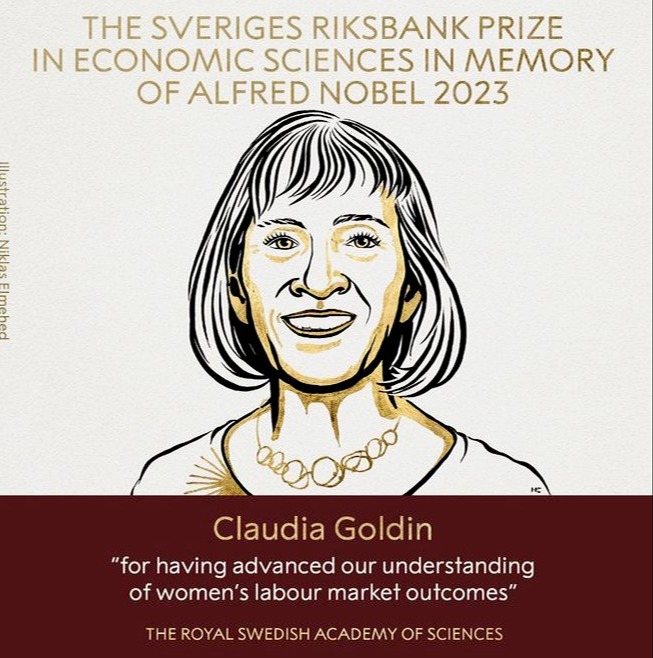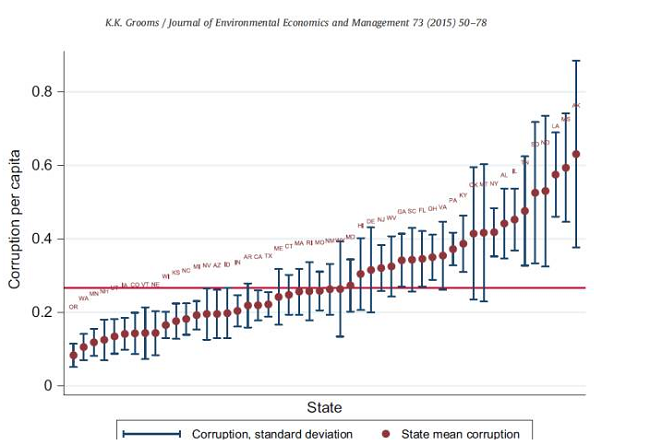解雇稅(layoff tax)可否减少失业?
观点 · 2003-09-04
返回Ah sa:
解雇稅(layoff tax)可否减少失业?大家先来讨论讨论,再看看最新的经济研究如何说,谢谢
Some argue the following channel:
Higher layoff tax
=> lower wage
=> workers not so willing to search for a job (i.e. lower reservation wage)
=> higher employment!
Is this reasonable?
How about the welfare of workers? Increase? Decrease?
Is it possible that layoff tax has no effect on anything at all?!
zqdong :
直觉告诉我,这不是一个好政策。
解雇税提高了辞退员工的成本,而企业也相应会提高进入企业的门槛。劳动力就业更困难。
BC:
Lower page=> lower labor supply=> lower employment,not high employment?sure?
celecs :
there are two kind workers we have to conside.
for insiders, of course the laid off tax can insure their employment rate.
for outsiders, the new tax will raise the barrier to be emploied and will excerate the work market in the long run。
bear :
從業人員的流動會變少了。找工作難了,被解僱也難了,訊息的傳達與資源的調節也慢了。失業率不見得一定下降。
Ah sa :
BC points out another important issue:
"Lower wage=> lower labor supply"
Whether this is true depends on the sizes of substitution effect & income effect.
And the size of income effect depends on whether the tax is refunded to the households.
This topic seems to be controversial, let's start with it.
We're going to see how recent economic models answer this question.
I plan to divide this discussion into three sections:
(I) General Discussion
(II) Search & Matching Models
(III) Evaluation of Tax Policy & Conclusion
---------------------------------------------------
Section (I) General Discussion
---------------------------------------------------
Suppose we want to study the effect of layoff tax on employment, welfare, wages, tax revenue and efficiency, what type of model should be used? What feactures should the model possess?
(i) General Equilibrium
How about using a traditional labour model? The problem is that labour models usually study partial equilibrium, but our question concerns about the overall effect of taxation (it is possible that layoff tax affects commodity market and has indirect effect on employment). Therefore, we need a general equilibrium model.
(ii) Micro Foundation
How about using a traditional Keynesian model? The problem of Keynesian model is that it is market oriented, not agent oriented. Firstly, we don't really consider the employment decision of firm owners in the Keynesian model (instead we have a aggregate production function). We don't know how to discuss the layoff decision. Secondly, instead of considering a household who supplies labour in labour market and buys commodity in commodity market, Keynesian model cuts it into pieces without connection. It becomes very hard to measure the effect of wage on consumption. Economics starts from the assumption of utility maximization, thus, we should start our analysis from a maximizing agent, not a market!
(iii) Dynamic
Layoff refers to termination of employment. So obviously it is a dynamic issue. If you didn't employed a worker YESTERDAY,how can you layoff her TODAY. We have timing in events, thus a dynamic model should be used.
(iv) Market Friction
If there is no market friction, we don't have unemployment in equilibrium. We want to study the effect of taxation on unemployment, thus we need to introduce some market frictions into the model.
In the next section, I will discuss three commonly used (macro) labour models in the recent literature. They are all dynamic, general equilibrium models starting from individual maximization problem. In these three models, market frictions come from searching, matching or indivisible working hour. After the discussion of models in section (II), we will answer the question about layoff tax in section (III).
See you in the next section!
--------------------------------------------
Section (II) Search & Matching Models
--------------------------------------------
Arrow-Debreu economy assumes all agnets meet in a complete set of markets with symmetric information. As a result, unemployment is not an equilibrium feature. In this section, we present three labour models with frictions. Upon which, we can discuss the effect of layoff tax.
(1) An Island Model
- Lucas & Prescott (1974)
- Friction on the movement of worker between markets.
- Continuum of agents
- Large number of islands. Each island i is a labour market and is subject to its own (idiosyncratic) productivity shock, S(i).
- After observing the productivity shocks in all islands, S(1),S(2),...S(i)..., a worker decides whether or not to move to another island. The mover forgoes this labour earning in the period of the move.
- In island i, when productivity shock, S(i), is high, workers will move in. When S(i) is low, workers will move out.
- Efficiency: here we have frictional unemployment without any externalities because an unemployed worker does not inflict any injury on other job seekers other than what a seller of a good imposes on his competitors.
..................................................
(2) A Matching Model
- Diamond(1982), Mortensen(1982) & Pissarides(1990)
- Friction on the matching between workers and firms
- Infinitely lived & risk neutral workers who maximize expected discounted value of leisure & labour income
- Production technology is constant returns to scale.
- A firm has to incur a vacany cost C to look for a worker.
- Number of matching is determined by a matching function M(u,v) which is increasing in unemplyment(u) & vacancy(v).
- When a firm & a worker match, they will split the match surplus (total benefit - total cost of the match) by (Nash) bargaining.
- Efficiency: equilibrium may not be social optimal because of externality problem. That is, posing additional vacancy has negative impact on all firms' probability of filling a vacancy (congestion effect).
..................................................
(3) Model of Employment Lotteries
- Hansen (1985)
- Indivisibilty of labour: worker can only choose to work or not, but not the hours of work.
- To improve allocation, employment lotteries is introduced. Each worker chooses a probability of worker, p in [0,1] and he trades his stochastic labour earnings in contingency markets.
继续讨论:http://bbs.efnchina.com/dispbbs.asp?BoardID=21122&id=7893
(编辑:陈理行)




